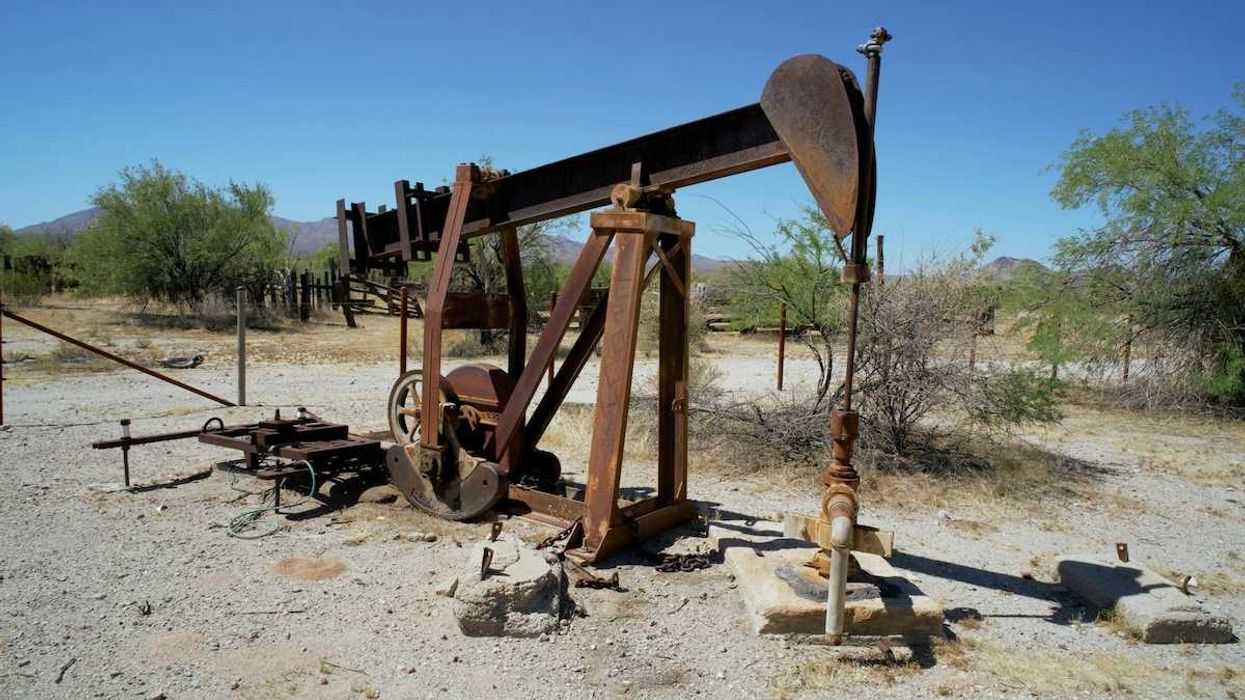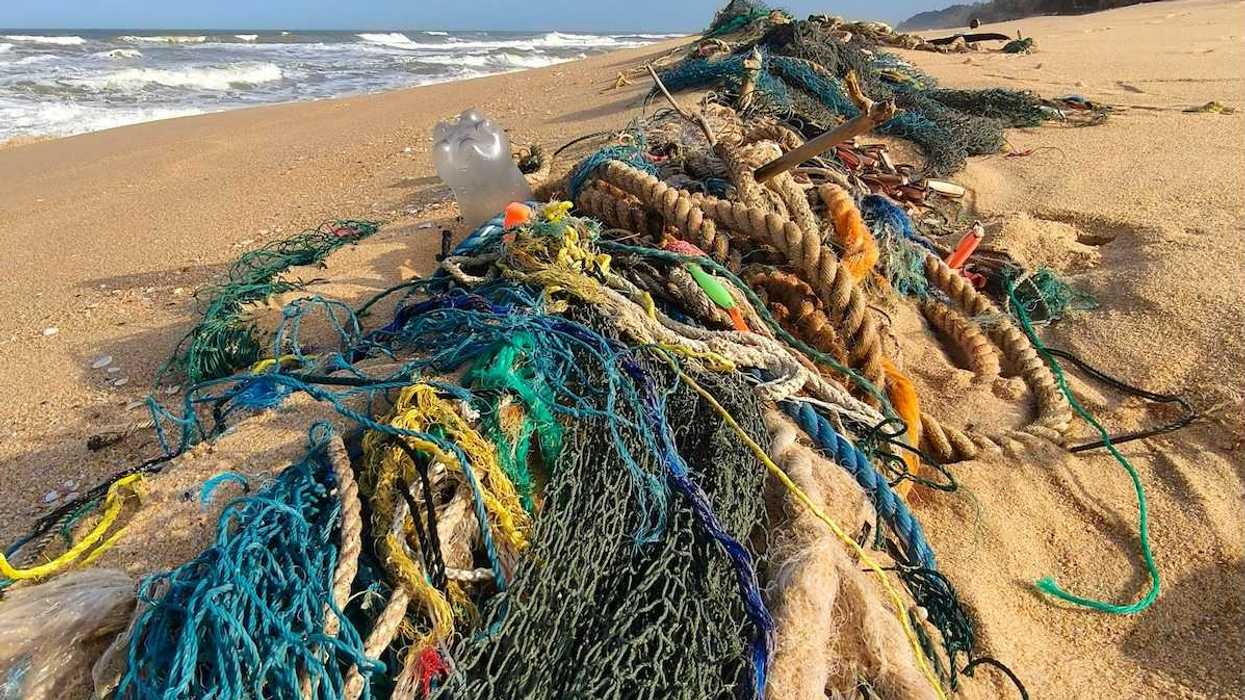The collapse of Baltimore's Francis Scott Key Bridge has disrupted coal exports, heightening Curtis Bay residents' worries about coal dust pollution.
JC Whittington reports for POLITICO.
In short:
- The Francis Scott Key Bridge collapse has blocked a major shipping lane, causing delays in coal exports and leading to growing coal stockpiles in Curtis Bay.
- Residents of Curtis Bay, a small industrial town, have long been concerned about air quality due to a large open-air coal pile maintained by CSX.
- CSX denies responsibility for air pollution but pledges to improve dust control; the bridge rebuild may take up to four years and cost $1.9 billion.
Key quote:
“I try to take a deep breath. I don’t get fresh air. I get nothing but coal dust and all the other particulate matters from the industries, and I start choking and coughing.”
— David Jones, Curtis Bay resident
Why this matters:
As ships struggle to navigate alternative paths, coal is piling up in Curtis Bay, creating both logistical headaches and environmental concerns. Residents could face higher exposure to air pollutants, exacerbating respiratory issues and other health conditions.














